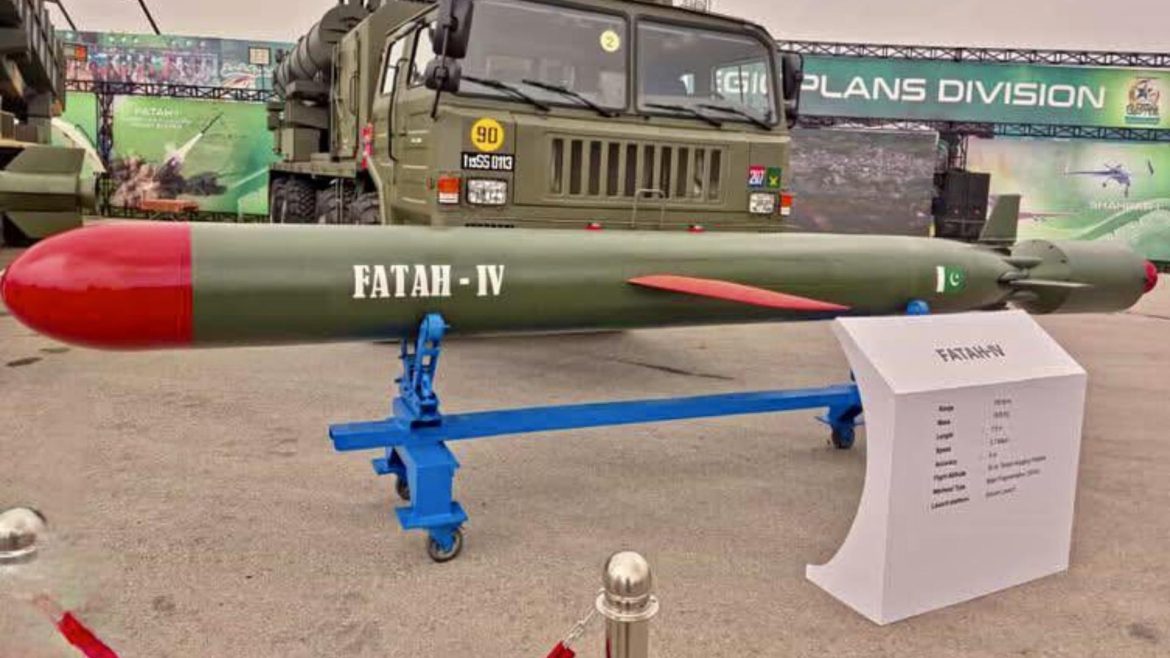Successful Training Launch
The Pakistan Army has conducted a successful training launch of the indigenously developed Fatah-4 ground-launched cruise missile, according to a statement issued by the Inter-Services Public Relations (ISPR).
The missile test was closely monitored by senior military officers, scientists, and engineers. Defense experts present at the launch expressed satisfaction with the system’s performance, calling it a significant advancement in the country’s missile program.
Key Features of Fatah-4
The Fatah-4 is designed with a reported range of 750 kilometers, giving Pakistan the capability to target strategic sites deep inside potential adversary territory. Equipped with advanced avionics and navigation systems, the missile is engineered for high accuracy and the ability to evade modern air defense networks.
According to ISPR, the missile’s precision strike ability provides an edge in both conventional and deterrence roles. While Pakistan has previously tested a range of ballistic and cruise missiles, the Fatah-4 marks another step toward strengthening indigenous technological expertise in strategic weapons.
National Leadership’s Response
The test was witnessed by the Chief of General Staff, alongside senior officers from all branches of the armed forces, as well as scientists and engineers directly involved in the project.
Following the launch, President Asif Ali Zardari, Prime Minister Shehbaz Sharif, Chairman Joint Chiefs of Staff Committee, and the service chiefs congratulated the teams of scientists, engineers, and armed forces personnel. They described the successful test as an achievement that enhances Pakistan’s defense capability and contributes to national security.
Strengthening Indigenous Defense Capability
ISPR emphasized that the launch formed part of a series of training and development trials aimed at ensuring self-reliance in defense technologies. Officials noted that future stages would include further testing and gradual integration of the Fatah-4 into Pakistan’s strategic arsenal.
Military analysts say that Pakistan’s pursuit of indigenous missile systems reflects both security concerns in South Asia and the desire to maintain credible deterrence. With India continuing to modernize its missile defense shield and strategic arsenal, Pakistan seeks to ensure a balance of power in the region.
Regional Context
Pakistan has developed several cruise missiles in recent years, including the Babur series with ranges of up to 700 kilometers. The Fatah-4’s successful trial signals continuity in Islamabad’s efforts to maintain strategic stability.
South Asia remains one of the most militarized regions in the world. According to the Stockholm International Peace Research Institute (SIPRI), both India and Pakistan continue to expand and modernize their nuclear and missile capabilities. Analysts argue that these advancements underscore the ongoing security dilemma between the two rivals.















